2 August 2020
Krystyna Gil
Praʒivdi e genocidesqi
Seripnasqo vakeripe p-o 2-to Avgust 2020, Memoriàlo Dives e Genocidesqo vaś o Sìnte aj o Rroma
Mo anav si Krystyna Gil, som Rromni, aj jekh kotar o praʒivde e pogromosqe so kerdilo and-i Szczurowa, kaj mudardile 93 ʒene.
Kamam te bićhalav akava mesàźi e ternenqe: den patǐv jekh avres, kamen jekh avres, na keren xoli jekh avresqe, sosqe akava na anel khanć laćho, ćak bilaćhipe. Dikhen so kerel pes and-o sundal, si marimàta, nane halǒvipe, aj me kamamas te na maj ovel maripe, nivar maj, nivar te na maj aćhol khonik ćorrolo. Te ʒiven and-i harmònia aj te kamen jekh avres, te kamen tumare daden aj dien, kamen tumari famìlia sode si tumen, sosqe tumen na ʒanen so si te barǒs bi dadesqo bi diaqo. Sar ćorroli, me somas jekh ćhaj so khonik na kamel sas, ćhutini dur, ćak kana prandisàilom xaćardom kaj somas manuśni vesti.
Biogràfia
Krystyna Gil (born Ciuron) was born in Szczurowa, a small village with a few thousand inhabitants in the south of Poland, on 5 November 1938. At that time there two minorities lived in Szczurowa: just over one hundred Jews and almost one hundred Polish Roma. Krystyna belongs to the latter group.
In 1942 all Jewish inhabitants of Szczurowa were taken to the extermination camp Bełżec and murdered in the gas chambers. 3 July 1943, a German troops surrounded the village and instructed local farmers to cart the Roma from the village to the cemetery. There, they were shot and buried in a mass grave.
With the help of her grandmother, Krystyna managed to escape the massacre. During the rest of the war, Krystyna hid with relatives who were not Roma. Towards the end of the war, she and her aunt arrived at Plaszow transit camp, where they were rescued by a German.
Mothovimàta e genocidesqe praʒivdenqe
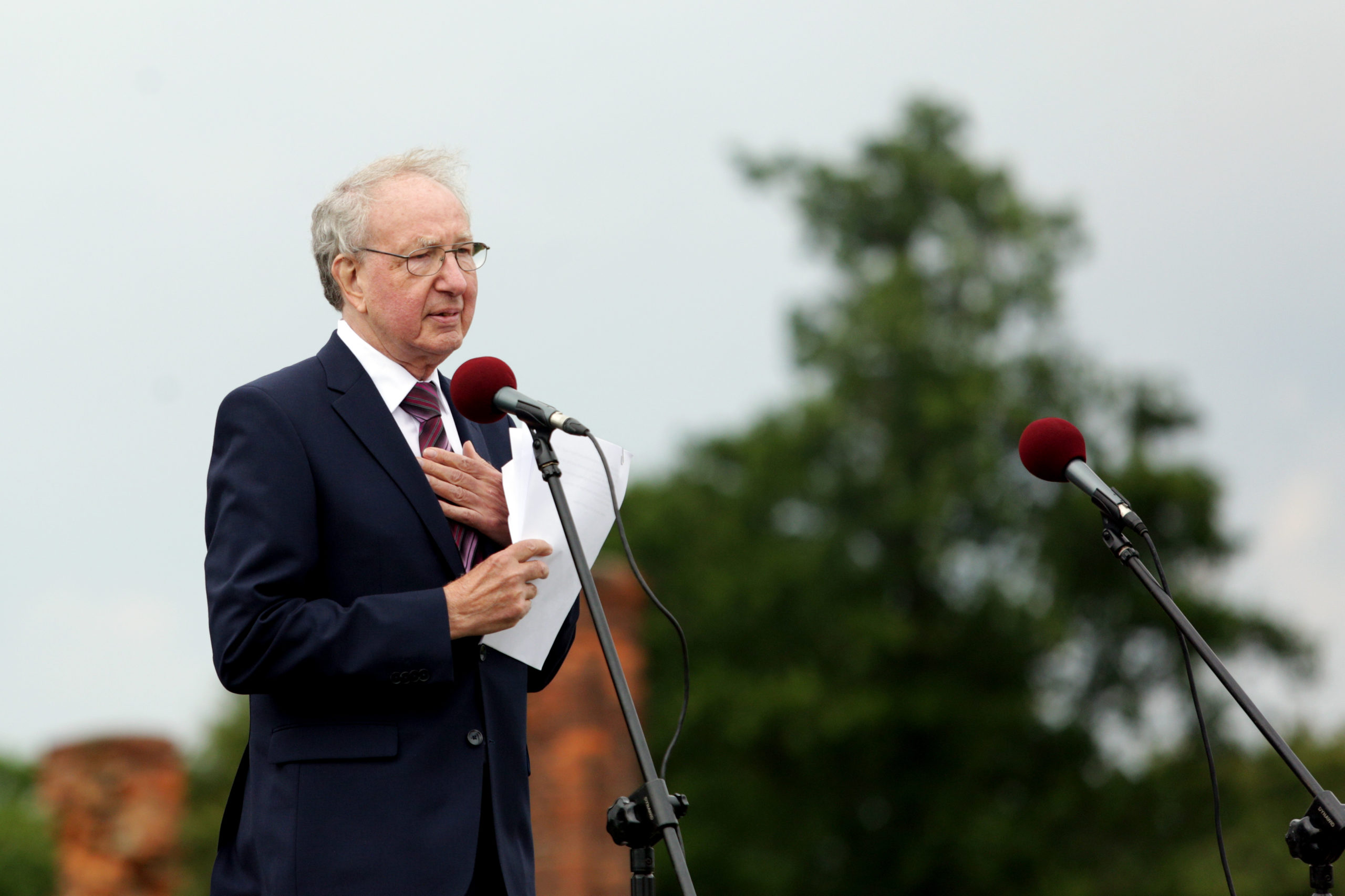
Werner Friedrich
Praʒivdi e genocidesqi
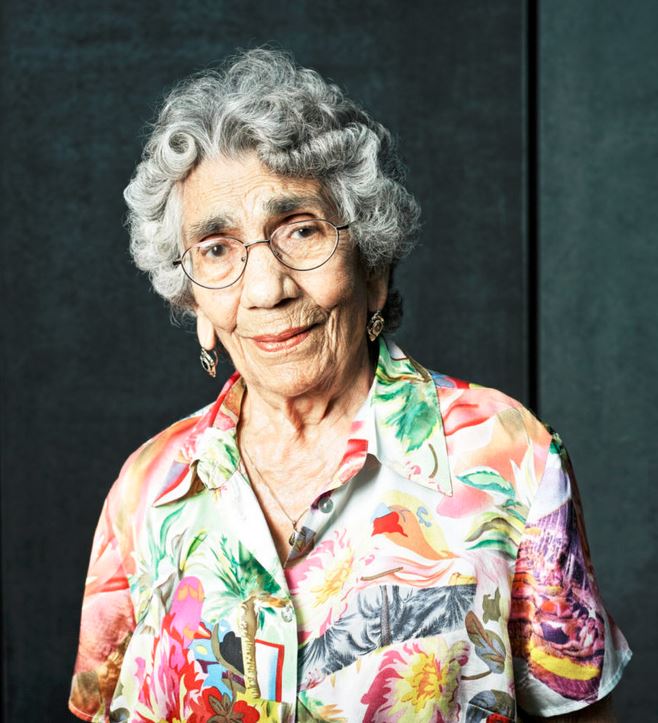
Zilli Schmidt
Praʒivdi e genocidesqi
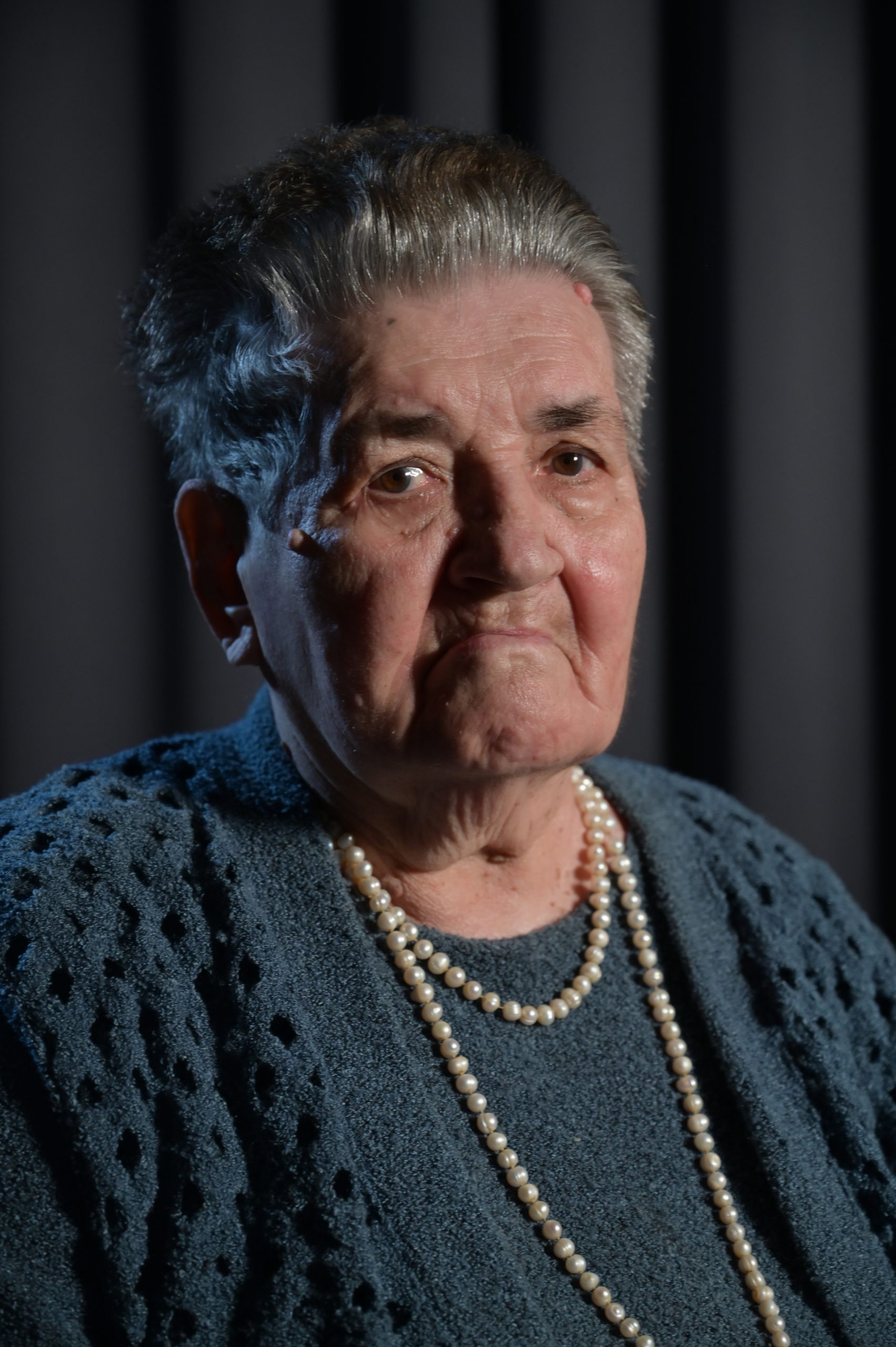
Krystyna Gil
Praʒivdi e genocidesqi
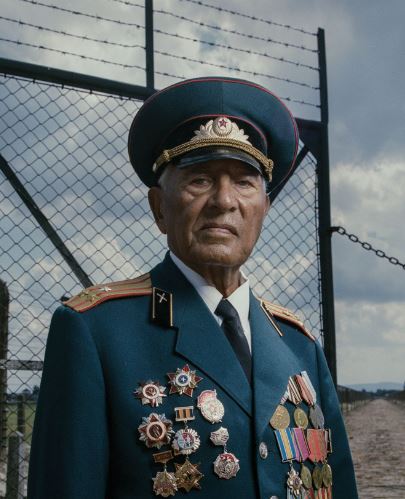
Ivan Bilashchenko
Praʒivdo kotar o genocìdi aj xelado anglal and-i Loli àrmia
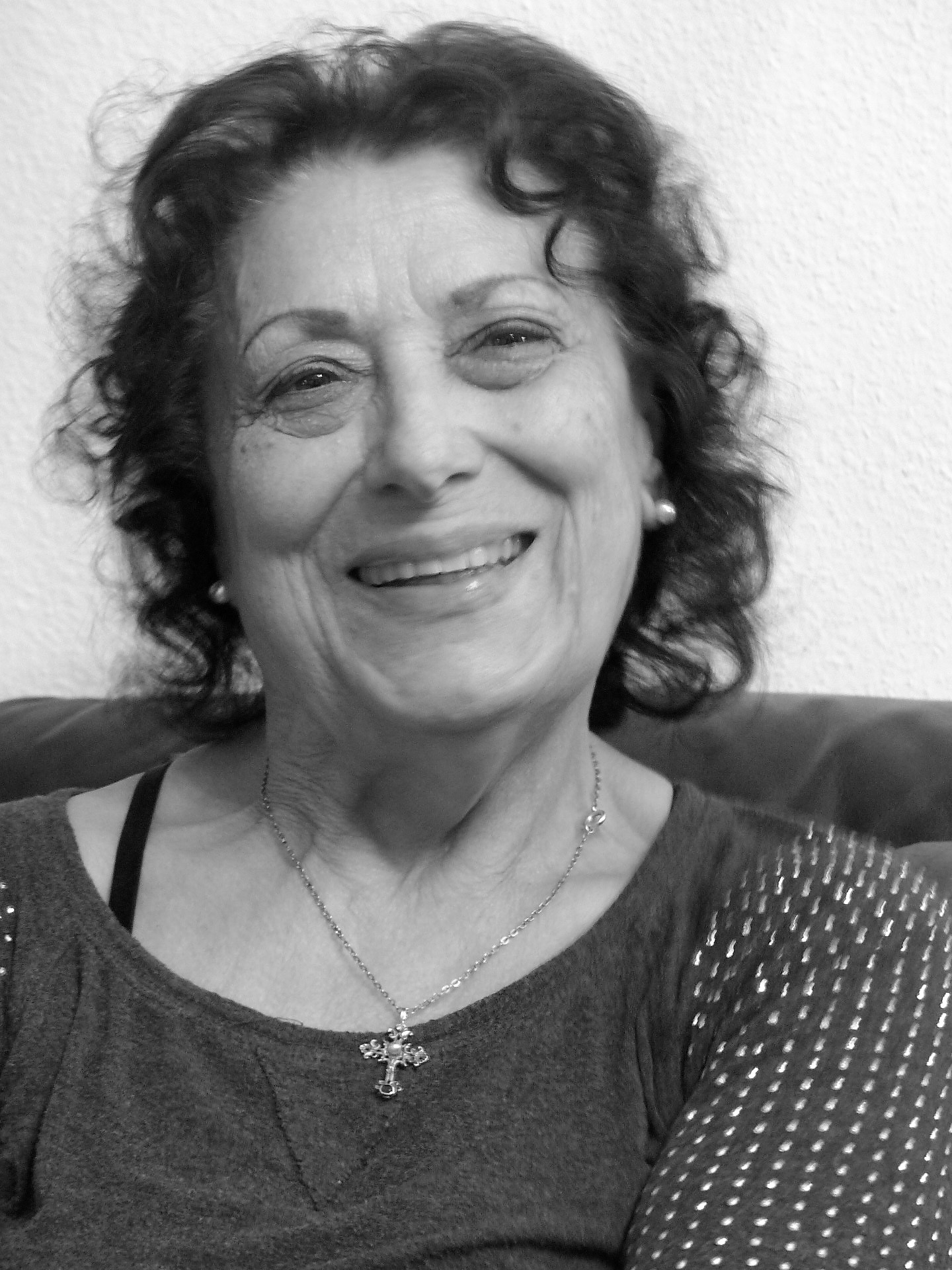
Rita Prigmore
Praʒivdi e genocidesqi










